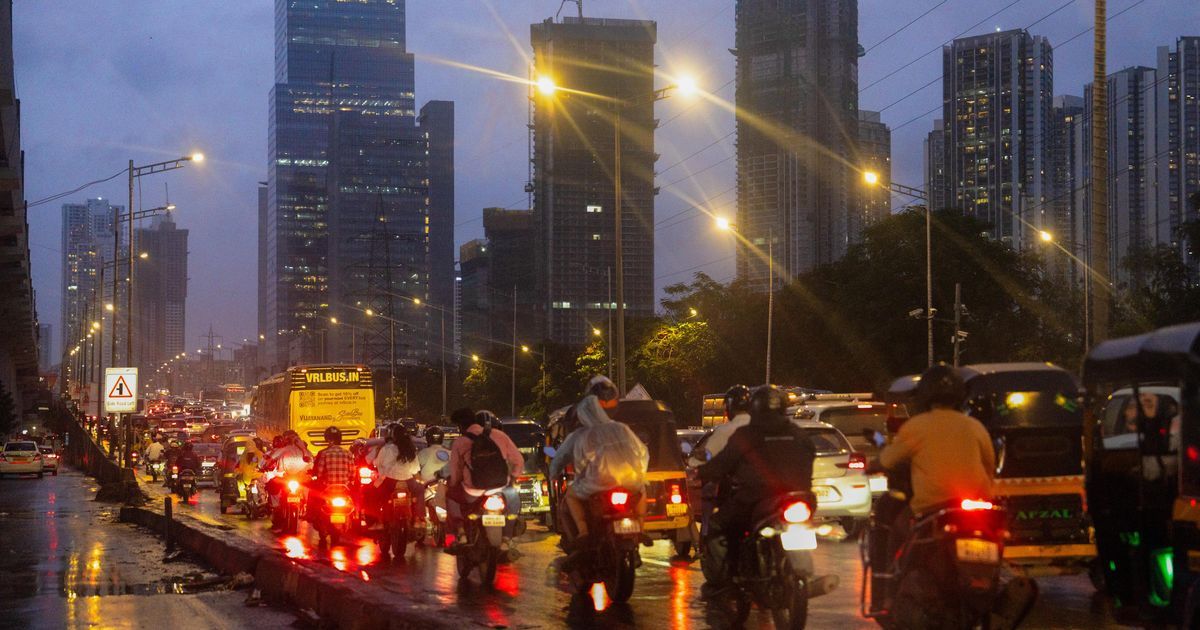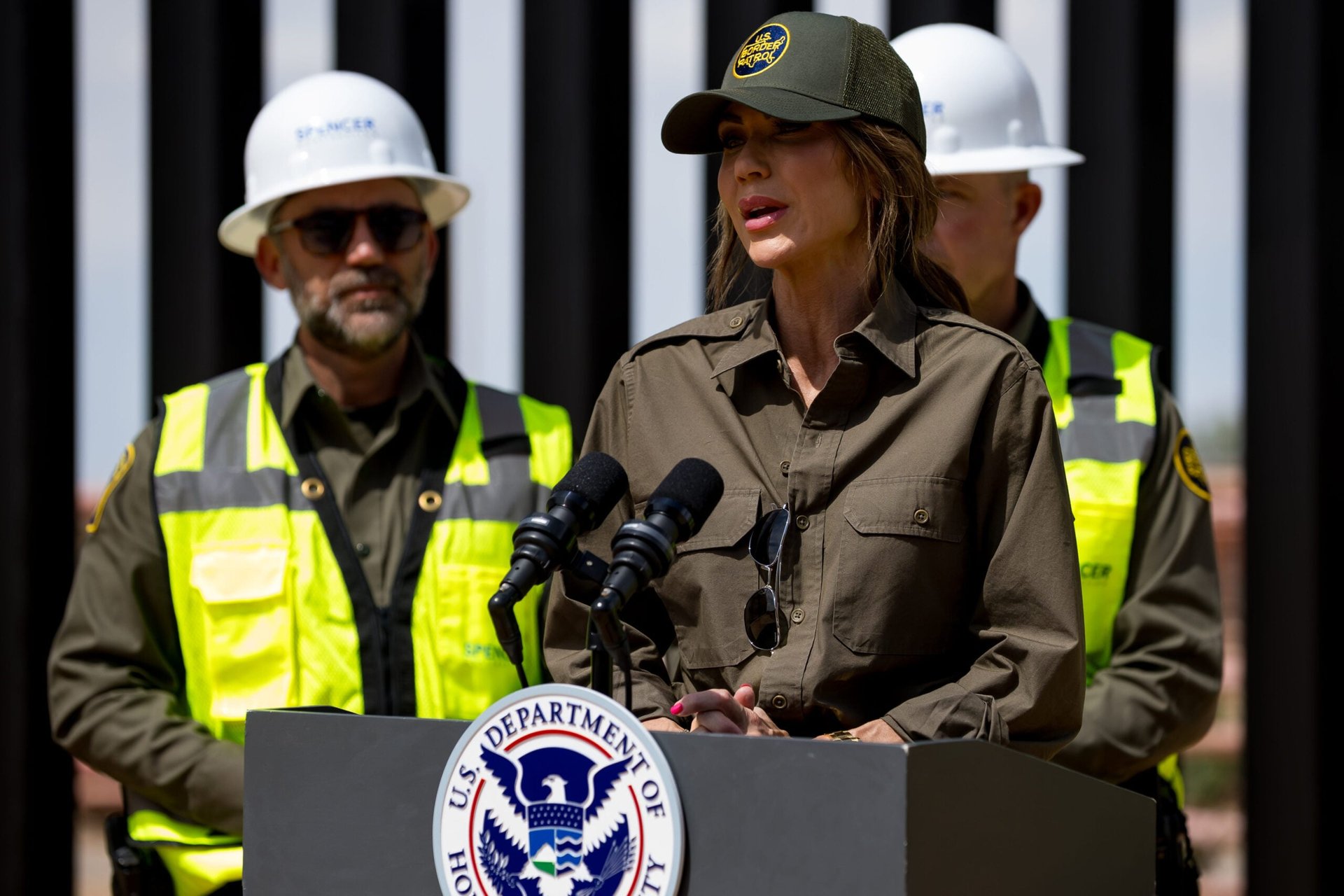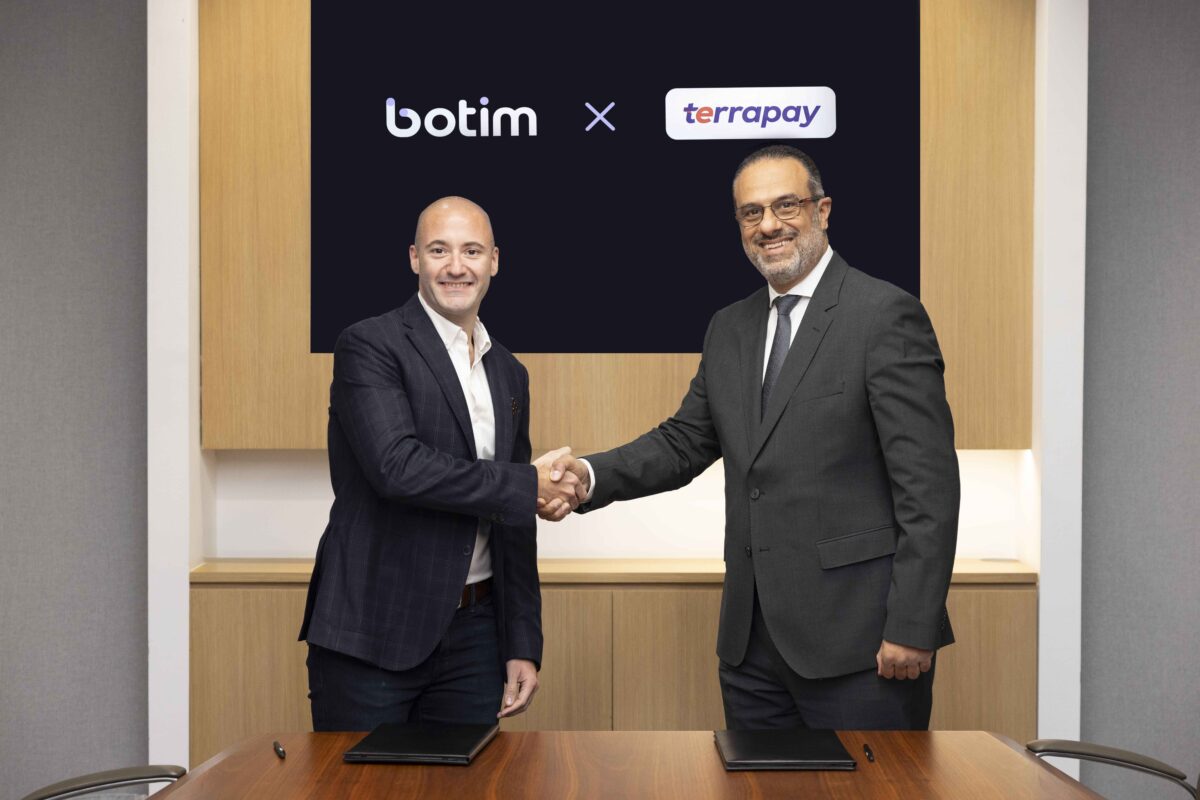© Reuters. Brazil’s President Luiz Inacio Lula da Silva meets with Venezuela’s President Nicolas Maduro (not pictured) before a summit with presidents of South America to discuss the re-launching of the regional cooperation bloc UNASUR, in Brasilia, Brazil, May 29,
2/2
By Lisandra Paraguassu and Anthony Boadle
BRASILIA (Reuters) -Brazilian President Luiz Inacio Lula da Silva on Tuesday called on South American countries to unite for regional development at a summit of presidents, although divergent views on Venezuela quickly rose to the surface.
Lula urged the South America’s 12 countries to overcome ideological differences that have divided the region and join efforts toward more economic, cultural and social integration.
But their first continental gathering in almost a decade surfaced opposing views when the presidents of Chile and Uruguay President Luis Lacalle Pou criticized Lula’s embrace of Venezuela’s Nicolas Maduro as a democratically elected leader.
Lula met with Maduro on Monday on the Venezuelan president’s first visit to Brasil in eight years as the countries restored diplomatic relations.
Lula told reporters that there was “very large” prejudice against the country and that the image of an “anti-democratic and authoritarian” Venezuela was a “narrative” promoted by the Western countries imposing sanctions that exacerbate the country’s humanitarian crisis.
On Tuesday, Uruguayan President Luis Lacalle Pou challenged Lula’s comments directly.
“I was surprised when you say that what happened in Venezuela is a narrative. You already know what we think about Venezuela and about the Venezuelan government,” he told the meeting of presidents in comments shared via Instagram live.
Lacalle Pou said much of the world was “trying to mediate so that democracy is full in Venezuela, that they have human rights, that there are no political prisoners. The worst thing we can do is to block out the sun.”
Chilean President Gabriel Boric also told journalists outside the summit that he disagreed with Lula’s statements.
“It’s not a narrative construction. It is a reality, it is serious,” Boric said, adding that respect for human rights was “basic and important” for Chile.
And he pointed to the 5,000 Venezuelan refugees that live in Chile “who also demand a firm and clear position regarding the fact that human rights must always be respected.”
The meeting’s joint statement said the countries were committed to democracy, human rights, sustainable development and social justice, but added that they agreed to respect diversity and the principle of non-interference in internal affairs.
Maduro said the unity among South America nations should be based on a new multipolar world.
“There are presidents with diverse visions,” he said after the meeting. “We have no problem sitting down to talk with any political force or president in a respectful, tolerant dialogue of unity in diversity, that is what we had here,” Maduro said.
INTEGRATION AMID DIFFERENCES
Lula urged state banks to work together to finance development and said the region should reduce dependence on “extra-regional currencies” for trade, without mentioning the U.S. dollar. He also proposed creating a regional energy market and suggested coordinated actions to tackle climate change.
Lula said South American integration was interrupted in recent years by conservative governments, singling out his far-right predecessor Jair Bolsonaro who, he said, led to the isolation of Brazil from the world and its neighbors.
Ideological divisions undermined a previous attempt at regional cooperation called Unasur created by leftist presidents in 2008 that floundered when several countries elected right-wing governments, creating diplomatic fissures on the continent.
Maduro, who also recently re-established ties with Colombia, is hoping the South American countries will unite in calling on the United States to lift its sanctions against Venezuela, which he and Lula assailed at their news conference.
The White House and U.S. State Department did not immediately respond to a request for comment on the criticism of sanctions against Venezuela.
Lula’s embrace of Maduro met with sharp comment from some foreign policy analysts and the opposition in Brasilia.
Oliver Stuenkel of the Getulio Vargas think tank in Sao Paulo said Lula’s comments on Maduro were “damaging to Brazil’s international reputation.”
Allies and members of Lula’s Worker’s Party (PT) pushed back on the critiques.
“Anyone who has studied even a little bit about international relations knows that having relations with the neighboring countries is important for us – for the protection of the environment, for commercial relations and to combat organized crime,” Camila Moreno, a member of the PT national executive committee, wrote on Twitter.





































